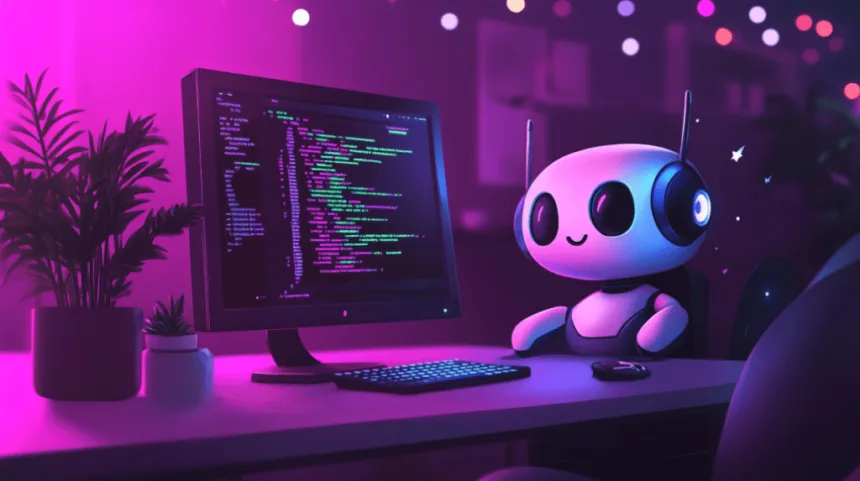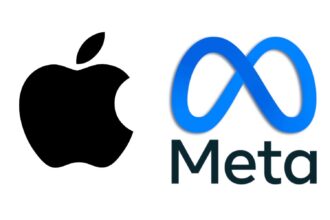Google introduced a groundbreaking artificial intelligence coding assistant named “Jules” on Wednesday, revolutionizing the way developers approach software development. Jules, powered by Google’s Gemini 2.0 platform, is designed to autonomously identify and fix software bugs, as well as prepare code changes, even while developers are away. This marks a significant step forward in Google’s efforts to automate essential programming tasks and streamline the development process.
The timing of Jules’ launch is strategic, as the software development industry faces challenges such as a talent shortage and mounting technical debt. With automated coding assistants becoming increasingly essential, Jules is poised to play a crucial role in the future of software development. Market research firm Gartner predicts that by 2028, AI-assisted coding will be utilized in 75% of new application development projects.
Unlike traditional coding assistants that offer suggestions, Jules functions as an autonomous agent within GitHub’s ecosystem. It can analyze complex codebases, create comprehensive repair plans, and implement fixes across multiple files simultaneously. Importantly, Jules seamlessly integrates with existing developer workflows.
During a press conference, Jaclyn Konzelmann, director of product management at Google Labs, highlighted the safety features of Jules. Developers maintain control throughout the process, as Jules presents a proposed plan before taking action, allowing users to monitor its progress and make informed decisions. Any changes suggested by Jules require explicit approval before being merged, ensuring human oversight in the development process.
Jules is part of Google’s broader vision for AI agents that can operate autonomously while still under human supervision. Powered by Gemini 2.0, Google’s latest large language model, Jules represents a significant advancement in code understanding and generation. Google acknowledges the importance of AI safety and reliability, particularly in critical systems, and approaches the development of AI agents with caution.
For developers, Jules raises questions about the future of their profession. However, early testing indicates that Jules is more likely to enhance, rather than replace, human developers. Researchers at Lawrence Berkeley National Laboratory have experienced significant time savings using Jules and other Google AI tools, allowing them to focus on more complex challenges.
In terms of financial implications, Jules has the potential to reduce costs associated with software development projects. By automating routine bug fixes and maintenance tasks, Jules could minimize cost overruns and accelerate development cycles. Google’s strategic positioning against competitors like Microsoft’s GitHub Copilot and Amazon’s CodeWhisperer, along with its integration with GitHub’s workflow, positions the company strongly in the developer tools market.
The future of AI-powered development looks promising, with Jules set to be available to a select group of testers initially, with broader access planned for early 2025. Google intends to integrate similar capabilities across its development ecosystem, including Android Studio and Chrome DevTools. The true test for Jules will be its ability to handle complex programming challenges while maintaining code quality and security, potentially reshaping the future of software development in collaboration with human developers.







